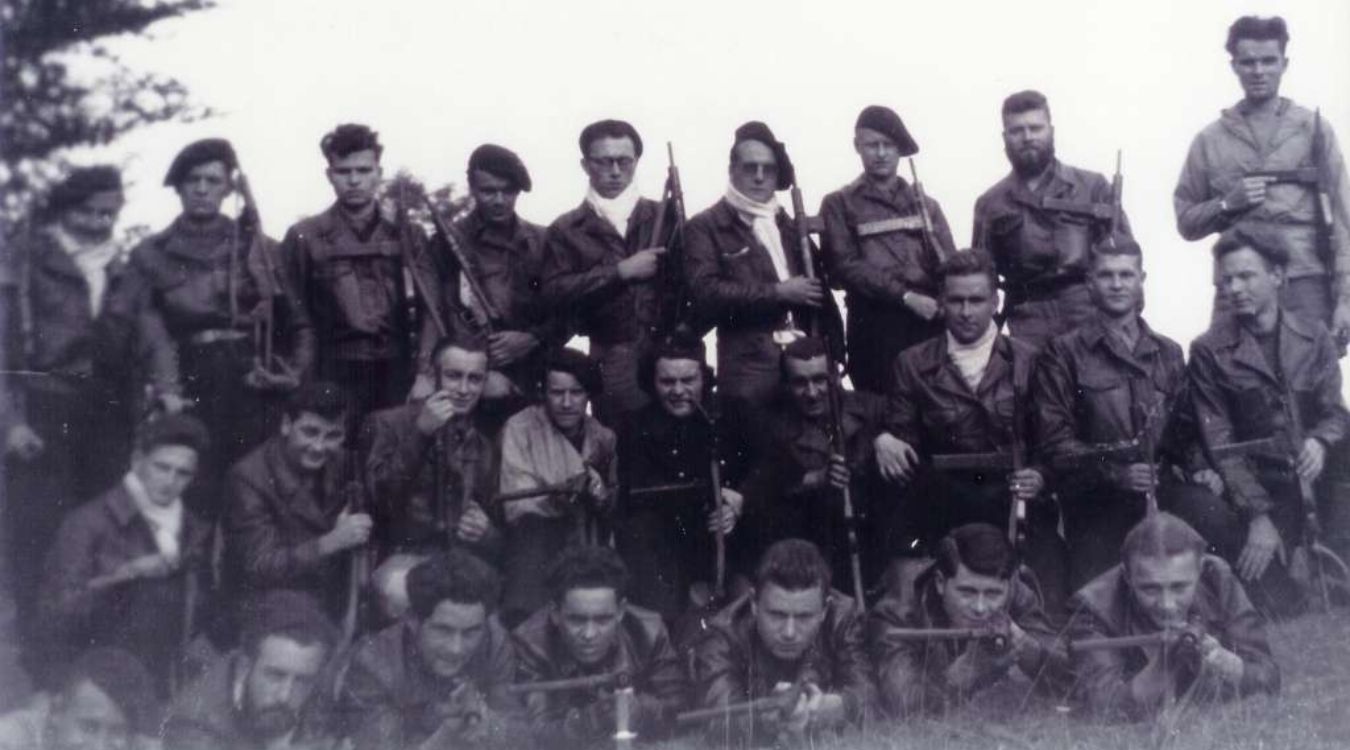
The Maquis Insurgency was a significant resistance movement during World War II, primarily in France. These brave fighters, known as Maquisards, played a crucial role in undermining Nazi operations. But what exactly made the Maquis so impactful? They were not just a group of rebels; they were a symbol of hope and defiance. Operating in rugged terrains, they used guerrilla tactics to disrupt enemy supply lines, gather intelligence, and assist Allied forces. Their efforts were instrumental in the liberation of occupied territories. Understanding the Maquis Insurgency offers a glimpse into the resilience and courage of those who fought against tyranny.
Key Takeaways:
- The Maquis Insurgency was a brave resistance movement in WWII, using guerrilla tactics to disrupt German operations and support Allied efforts. Their legacy continues to inspire freedom fighters worldwide.
- Despite facing challenges, the Maquis significantly impacted the war effort by disrupting supply lines, providing crucial intelligence, and boosting French morale. Their bravery and sacrifice left an indelible mark on history.
Origins of the Maquis Insurgency
The Maquis Insurgency was a significant resistance movement during World War II. It played a crucial role in the fight against Nazi occupation in France.
- The term "Maquis" comes from the dense underbrush in the Mediterranean region where the resistance fighters hid.
- The Maquis were primarily composed of French resistance fighters, but also included Spanish Republicans, Jews, and other anti-fascists.
- Initially, the Maquis were small groups of guerrilla fighters who conducted sabotage operations against the German occupiers.
- The movement began to grow significantly after the German occupation of the Free Zone in November 1942.
- Many Maquis fighters were young men avoiding forced labor conscription by the Vichy government.
Key Figures in the Maquis Insurgency
Several notable individuals played pivotal roles in the Maquis Insurgency. Their leadership and bravery were instrumental in the movement's success.
- Jean Moulin, a key figure in the French Resistance, helped unify various resistance groups, including the Maquis.
- Lucie Aubrac, a prominent member, was known for her daring rescue missions and intelligence work.
- Georges Guingouin, often called the "first Maquisard," led significant operations in the Limousin region.
- Henri Frenay, founder of the Combat group, was instrumental in organizing resistance efforts.
- Pierre Brossolette, a journalist and politician, played a crucial role in coordinating resistance activities.
Tactics and Operations
The Maquis used a variety of tactics to disrupt German operations and support Allied efforts. Their guerrilla warfare strategies were highly effective.
- Sabotage was a primary tactic, targeting railways, bridges, and communication lines.
- The Maquis also conducted ambushes on German convoys and patrols.
- They gathered intelligence on German troop movements and passed it to the Allies.
- The Maquis provided safe havens for downed Allied airmen and escaped prisoners of war.
- They played a significant role in the liberation of several French towns and cities.
Challenges Faced by the Maquis
Despite their successes, the Maquis faced numerous challenges. Their resilience in the face of adversity is a testament to their determination.
- The Maquis often operated with limited resources and supplies.
- They faced constant threats from German forces and the Vichy militia.
- Harsh weather conditions in the mountainous regions where they hid made survival difficult.
- Internal divisions sometimes arose due to differing political ideologies.
- The risk of betrayal by informants was a constant concern.
Impact on the War Effort
The contributions of the Maquis were vital to the overall success of the Allied forces in Europe. Their efforts had a lasting impact on the war.
- The Maquis significantly disrupted German supply lines, hindering their operations.
- Their intelligence reports were crucial for planning Allied operations, including the D-Day landings.
- The Maquis helped to liberate key strategic locations ahead of advancing Allied troops.
- Their actions boosted the morale of the French population and inspired further resistance.
- The Maquis' efforts contributed to the weakening of German control in occupied France.
Legacy of the Maquis Insurgency
The legacy of the Maquis Insurgency continues to be remembered and honored in France and beyond. Their bravery and sacrifice left an indelible mark on history.
- Many Maquis fighters were honored with medals and recognition after the war.
- Memorials and museums dedicated to the Maquis can be found throughout France.
- The Maquis have been depicted in numerous films, books, and documentaries.
- Their tactics and strategies have been studied in military academies worldwide.
- The Maquis Insurgency remains a symbol of resistance and the fight for freedom against oppression.
Final Thoughts on Maquis Insurgency
The Maquis Insurgency played a crucial role in resisting Nazi occupation during World War II. These brave fighters, often operating in harsh conditions, disrupted enemy operations and provided vital support to Allied forces. Their efforts not only boosted morale but also significantly impacted the war's outcome. Understanding their sacrifices and strategies offers valuable insights into the resilience and determination of those who fought for freedom. The legacy of the Maquis continues to inspire, reminding us of the power of resistance and the importance of standing up against oppression. As we reflect on their contributions, it's clear that the Maquis Insurgency remains a significant chapter in history, deserving of recognition and respect. Their story is a testament to the enduring human spirit and the relentless pursuit of justice.
Frequently Asked Questions
Was this page helpful?
Our commitment to delivering trustworthy and engaging content is at the heart of what we do. Each fact on our site is contributed by real users like you, bringing a wealth of diverse insights and information. To ensure the highest standards of accuracy and reliability, our dedicated editors meticulously review each submission. This process guarantees that the facts we share are not only fascinating but also credible. Trust in our commitment to quality and authenticity as you explore and learn with us.
